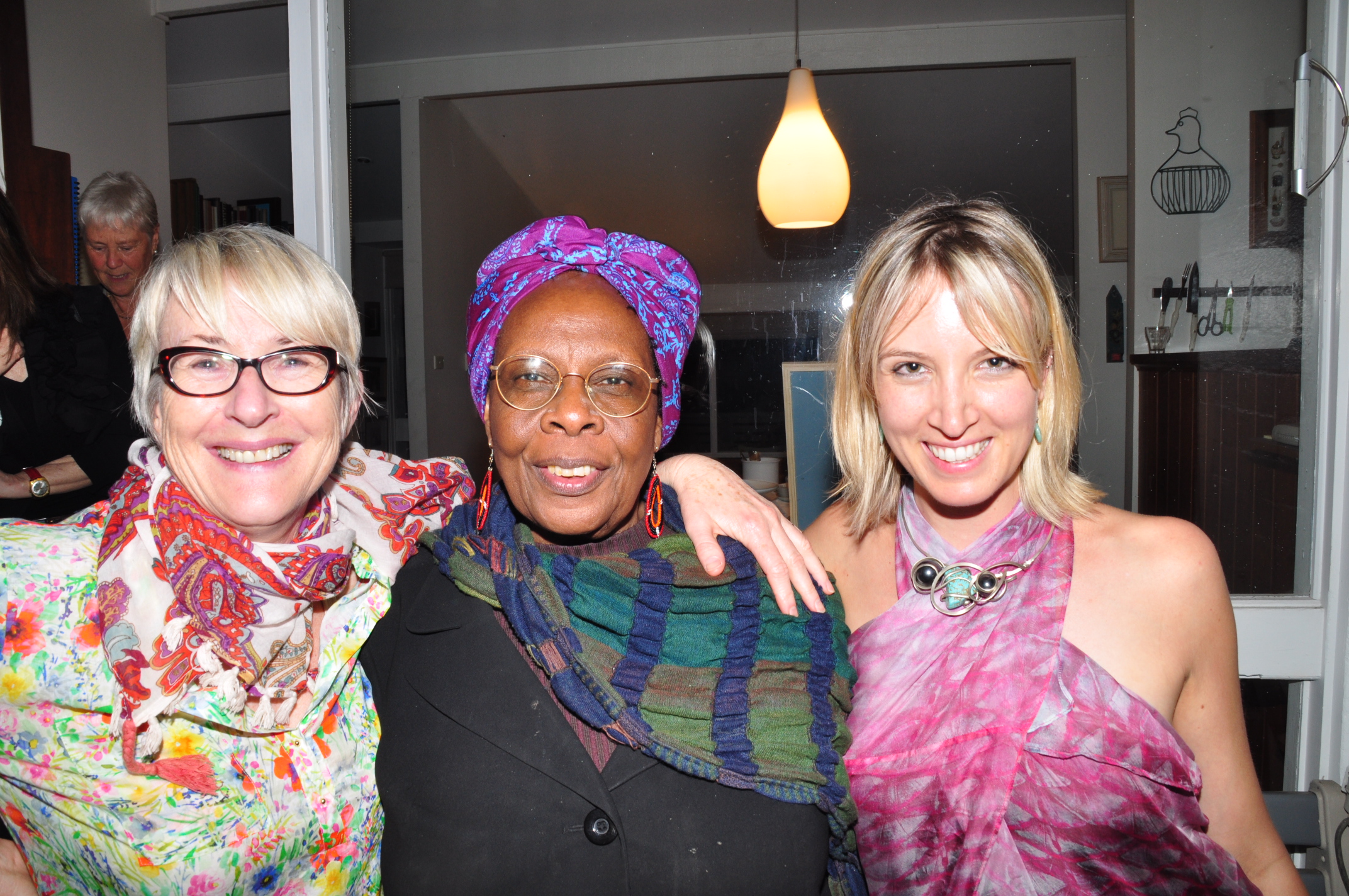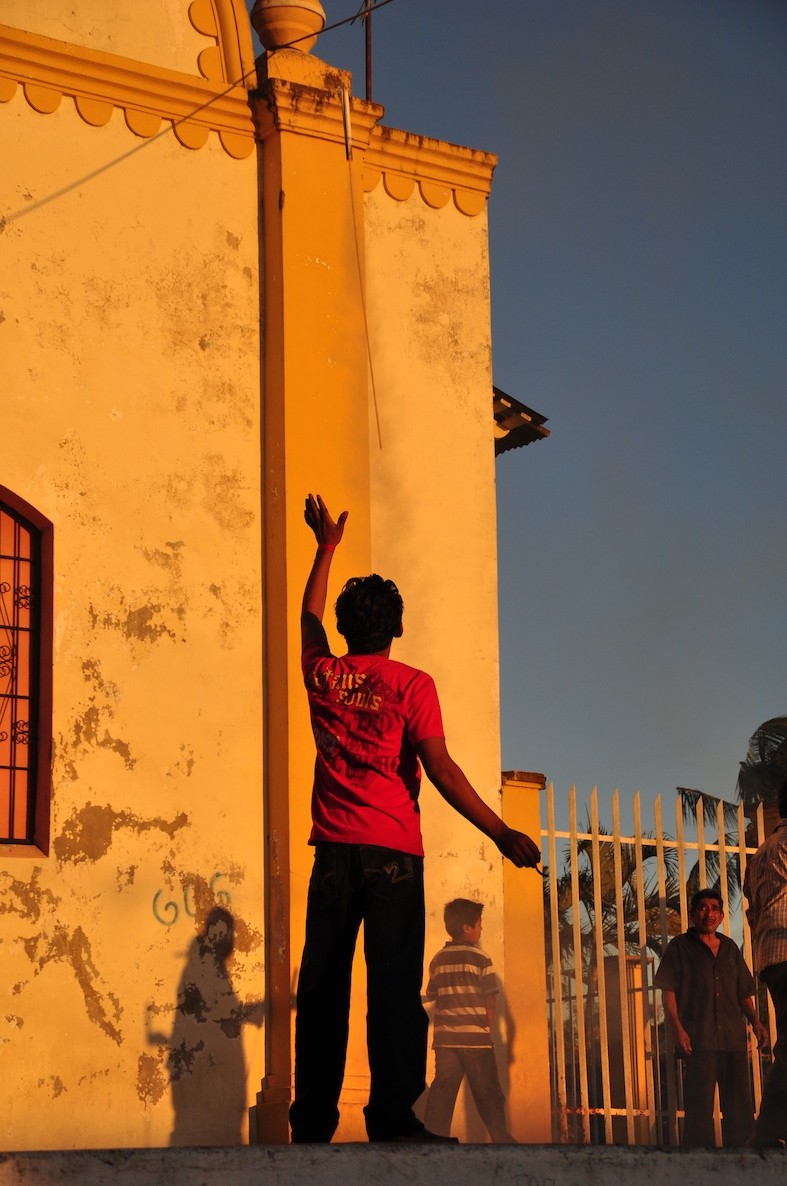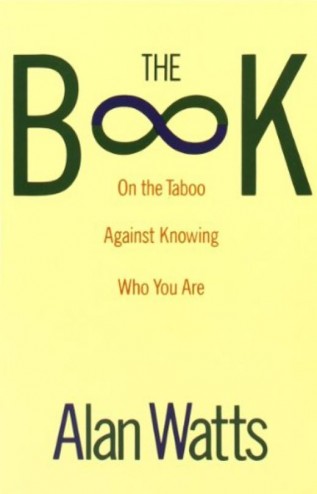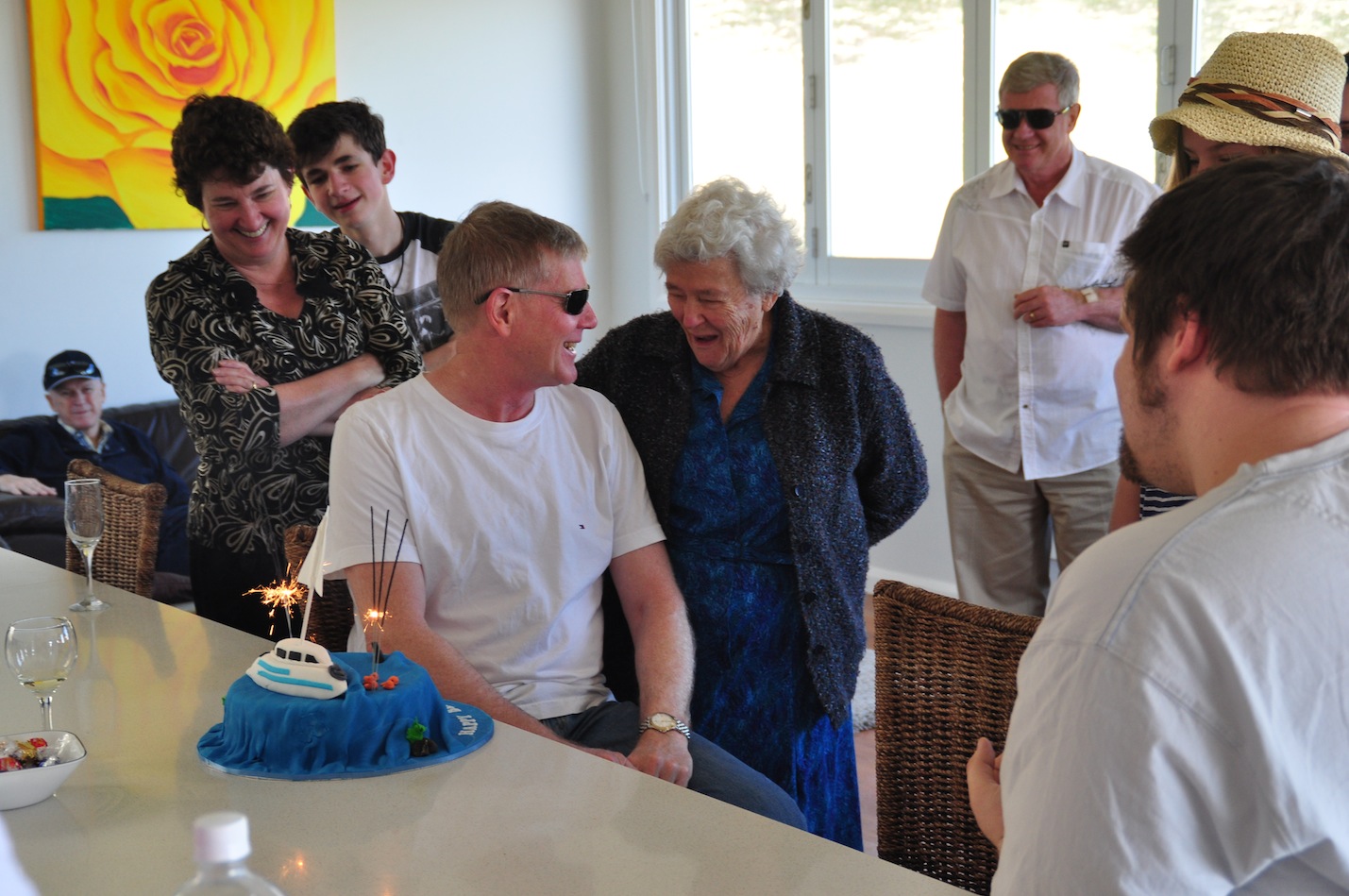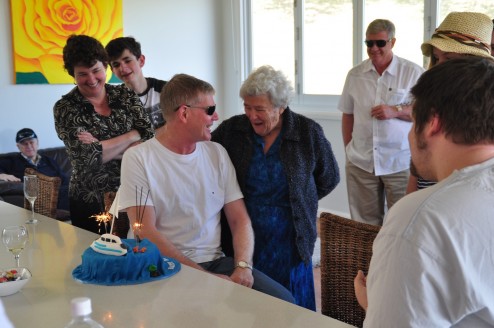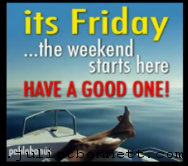“Justice is the bread of the people”, wrote the poet Bertolt Brecht. In the first week of November, I had more than my fair share of peace, justice and conflict…
A small team at the Sydney Peace Foundation comprising of myself, our media and events coordinator Melissa, my intern Bonnie, some volunteers, lead by our Chair Stuart Rees, pulled off the 2012 Sydney Peace Prize events: flying Senator Sekai Holland and her husband Jim from Zimbabwe to Sydney to face an onslaught of media including on ABC’s Q&A, followed by the City of Sydney Peace Prize Lecture to over 1000 people at Town Hall (recording from Sydney Ideas), and a glamourous Gala Dinner for 270 distinguished guests from the corporate world, media, government, and a great number of Sekai’s friends including members of the Wallabies who refused to play South Africa in 1971 in protest against Apartheid. It was challenging, inspiring and absolutely exhausting.
For six weeks I was sucked into a vacuum, taking not only my Friday study-days, evenings and weekends, but my conscious and unconscious mind, occupying my mind during the day and occupying my dreams at night.
Re-emerging from such a world is always a little tough – the mind, body and soul no longer needing adrenaline – I needed lots of sleep and to re-discover my “normal”. I think they call it “Post Project Depression”. Well, now, around 3-weeks post-peace prize, I feel I have adjusted, and I am able to reflect on the incredibly inspiring experience it was.
In Stuart’s closing remarks at the Gala Dinner he recapped a few sentences from Brecht’s poem:
As daily bread is necessary
So is daily justice.
It is even necessary several times a day.
This stanza came to my mind as I started to write an abstract for an article I am proposing to write for a special edition of the Journal of Peace Education on “Greening Peace, Sustaining Justice.” I searched for the full poem, and I want to share it with you now:
THE BREAD OF THE PEOPLE
Justice is the bread of the people
Sometimes is plentiful, sometimes it is scarce
Sometimes it tastes good, sometimes it tastes bad.
When the bread is scarce, there is hunger.
When the bread is bad, there is discontent.
Throw away the bad justice
Baked without love, kneaded without knowledge!
Justice without flavour, with a grey crust
The stale justice which comes too late!
If the bread is good and plentiful
The rest of the meal can be excused.
One cannot have plenty of everything all at once.
Nourished by the bread of justice
The work can be achieved
From which plenty comes.
As daily bread is necessary
So is daily justice.
It is even necessary several times a day.
From morning till night, at work, enjoying oneself.
At work which is an enjoyment.
In hard times and in happy times
The people requires the plentiful, wholesome
Daily bread of justice.
Since the bread of justice, then, is so important
Who, friends, shall bake it?
Who bakes the other bread?
Like the other bread
The bread of justice must be baked
By the people.
Plentiful, wholesome, daily.
Bertolt Brecht
For me the highlight of the 2012 Peace Prize events was the one that I wasn’t involved in organising: Cabramatta High’s Peace Day – a fusion of cultures expressing peace through costume, dance, music, words, and doves. Take away moment: “It’s time to stand up for what is right” sung by a girl from somewhere in Africa (I forget which country) in the most beautiful voice “it’s time for peace.”
There will never be peace without justice, and both peace and justice are like bread which, as Brecht reminds us, is baked by the people and consumed every day.
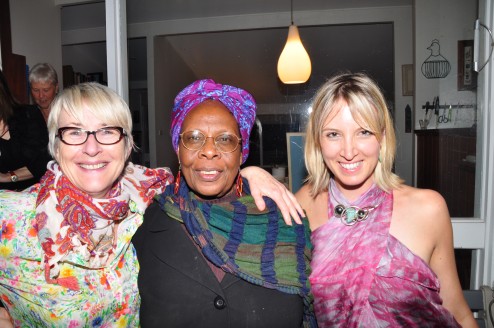
At a small gathering of the Sydney Peace Foundation Council with Senator Holland (in the middle) our special guest.
